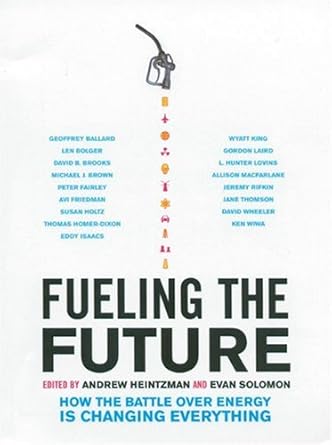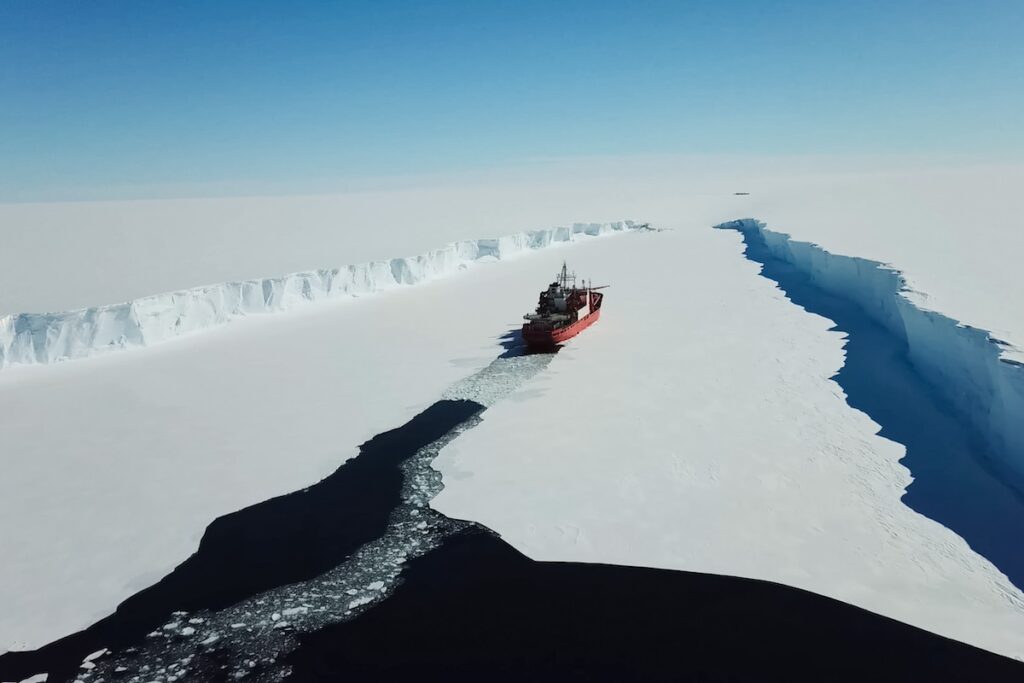The Matrix of Our Troubles
with Sarah Wolfe | One could draw a parallel between the sight of thousands walking north on Yonge Street and the mass exodus of people on foot from lower Manhattan two years ago. But yesterday’s electrical failure did not claim thousands of lives, nor will it trigger a cascade of events leading to war. Nevertheless, what we saw in Toronto was poignant for what it represented: a people too interlocked with their technical choices, too resolute on efficiency gains, and too dependent on progress. Last Thursday’s blackout should be a powerful catalyst for change.









